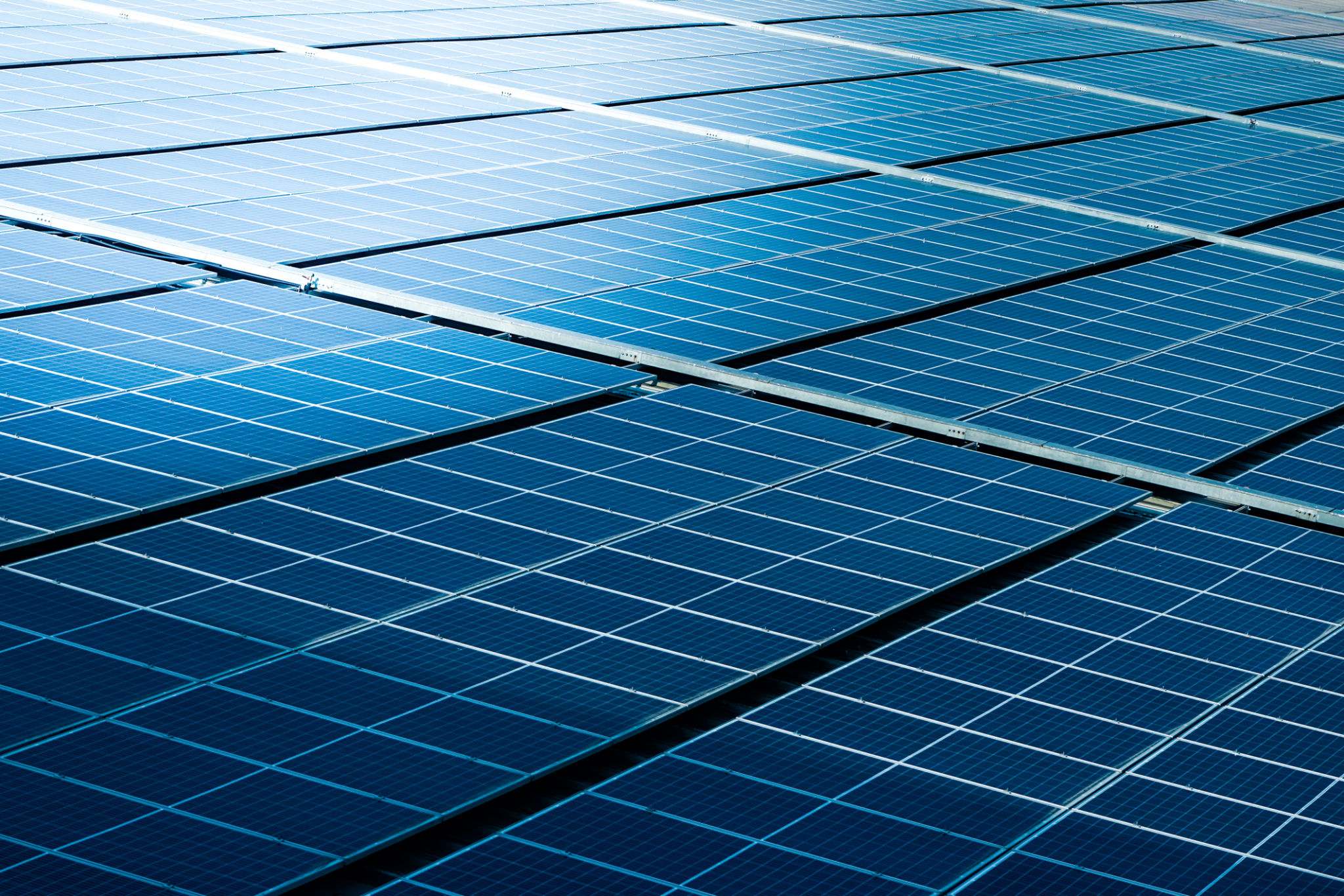How Solar Panels Work: A Simple Explanation
Understanding the Basics of Solar Panels
Solar panels have become an integral part of the shift towards renewable energy. They harness the sun's energy and convert it into electricity that can power homes, businesses, and even vehicles. But how exactly do they work? In this blog, we’ll break down the process in simple terms.

The Science Behind Solar Panels
At the heart of a solar panel are photovoltaic (PV) cells. These cells are made from silicon, a semiconductor material. When sunlight hits the cells, it knocks electrons loose from their atoms, generating a flow of electricity. This phenomenon is known as the photovoltaic effect.
PV cells are grouped together to form a solar panel. Each cell contributes to the overall power output, and multiple panels can be connected to form a solar array, increasing the energy production capacity.

Components of a Solar Panel System
A basic solar panel system consists of several key components:
- Solar Panels: Capture sunlight and convert it into electricity.
- Inverter: Converts the direct current (DC) electricity produced by the panels into alternating current (AC), which is the form used by most household appliances.
- Mounting Equipment: Secure the panels in place on rooftops or the ground.
- Battery Storage (optional): Stores excess energy for use when sunlight is not available.
Each component plays a crucial role in ensuring the system operates efficiently and effectively.

Installation and Positioning
The efficiency of solar panels largely depends on their installation and positioning. Panels should be installed at an angle that maximizes sunlight exposure throughout the day. In the Northern Hemisphere, south-facing panels typically receive the most sunlight.
Professional installation is often recommended to ensure optimal performance and safety. Installers will assess your location and energy needs to design a system that meets your requirements.
Benefits of Using Solar Panels
Solar panels offer numerous benefits, including:
- Reduced Electricity Bills: Generate your own electricity and decrease reliance on the grid.
- Environmental Impact: Solar energy is clean and renewable, reducing your carbon footprint.
- Energy Independence: Producing your own energy can protect you from rising electricity costs.
Investing in solar panels not only benefits individual users but also contributes to a more sustainable future.

Conclusion
Understanding how solar panels work can empower you to make informed decisions about your energy use. As technology advances, solar panels are becoming more efficient and accessible, making them a viable option for an increasing number of people. Whether you're looking to save on energy bills or reduce your environmental impact, solar panels offer a practical solution.